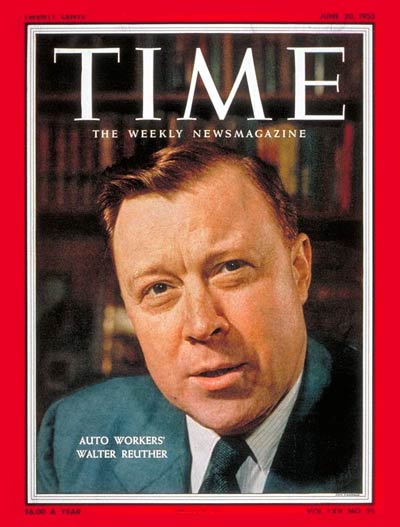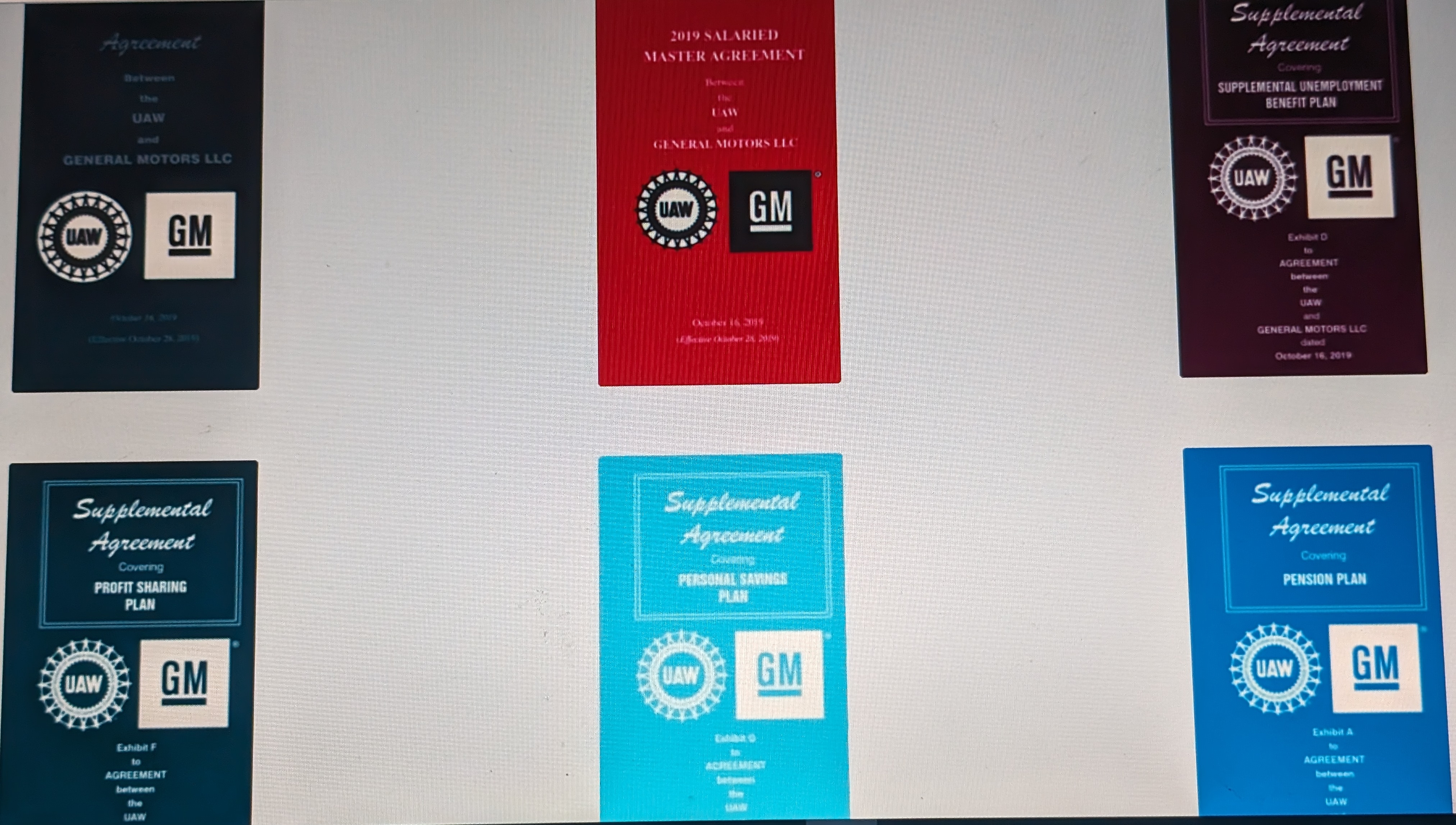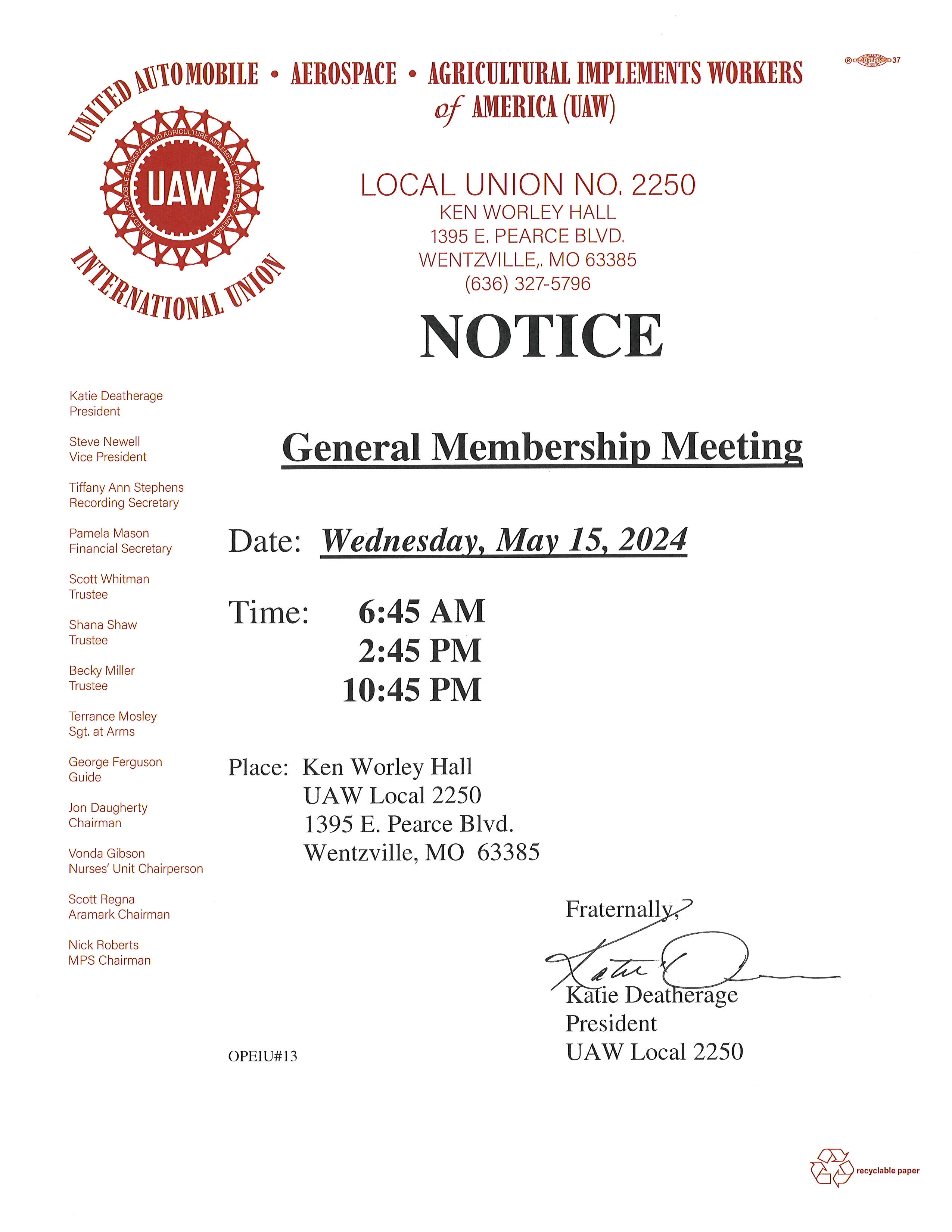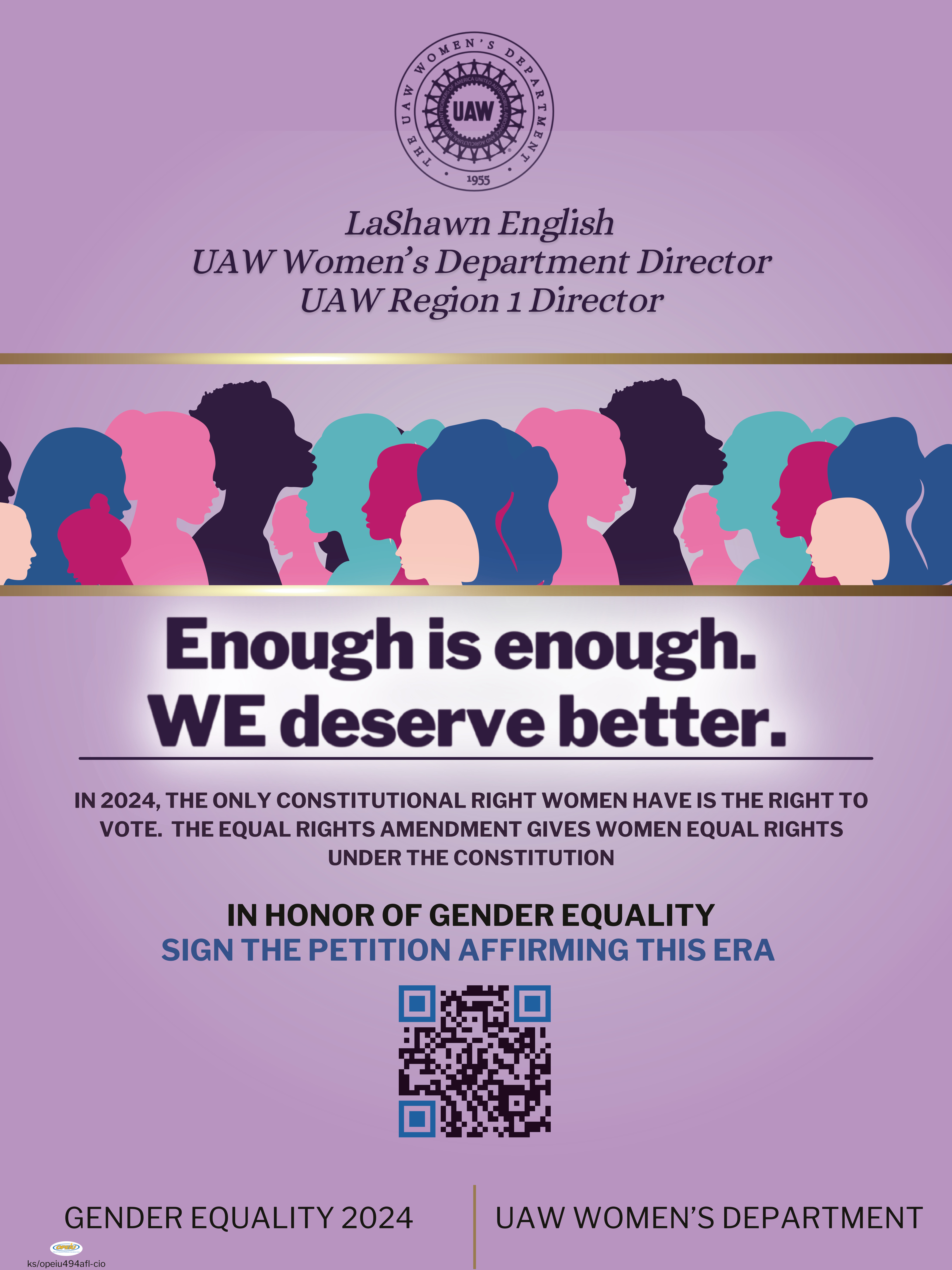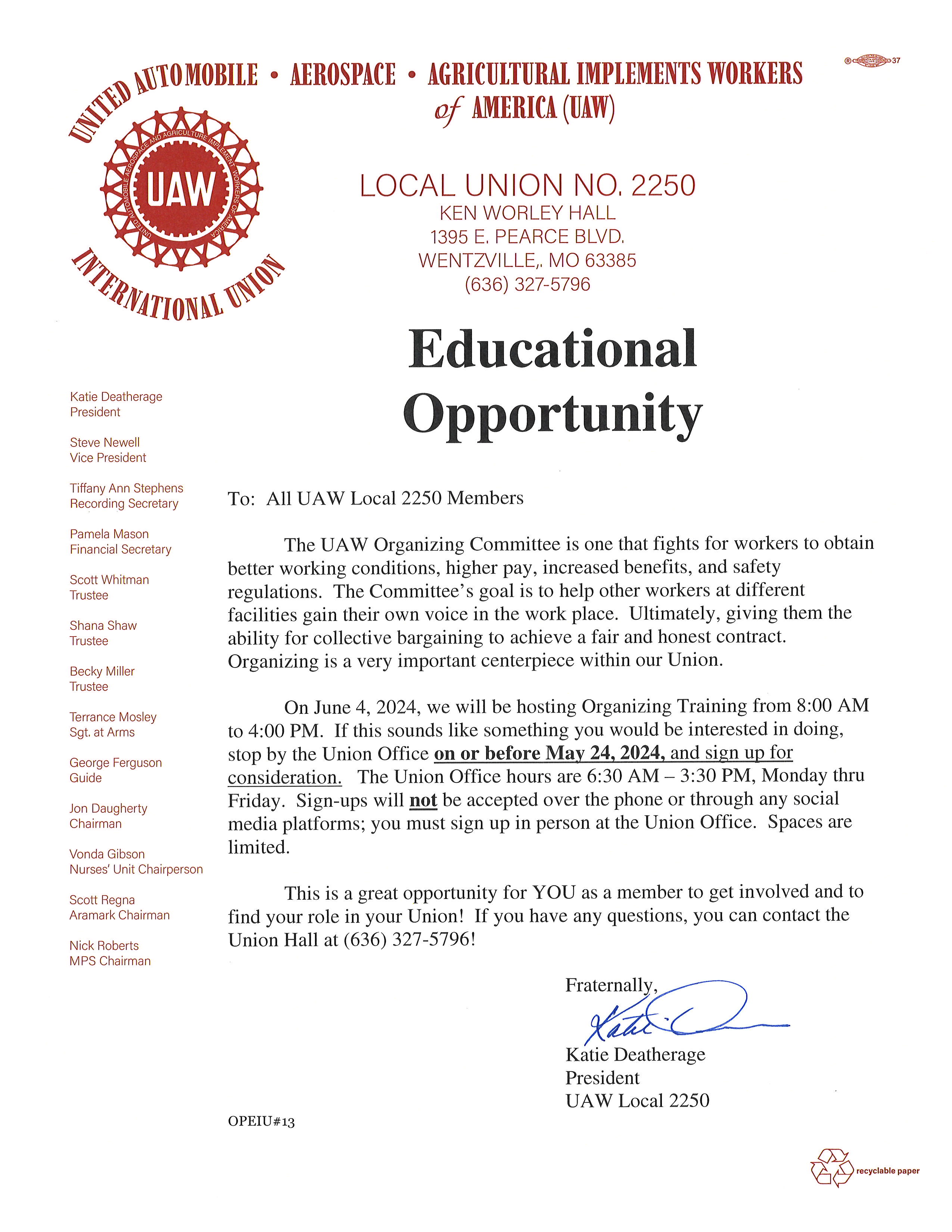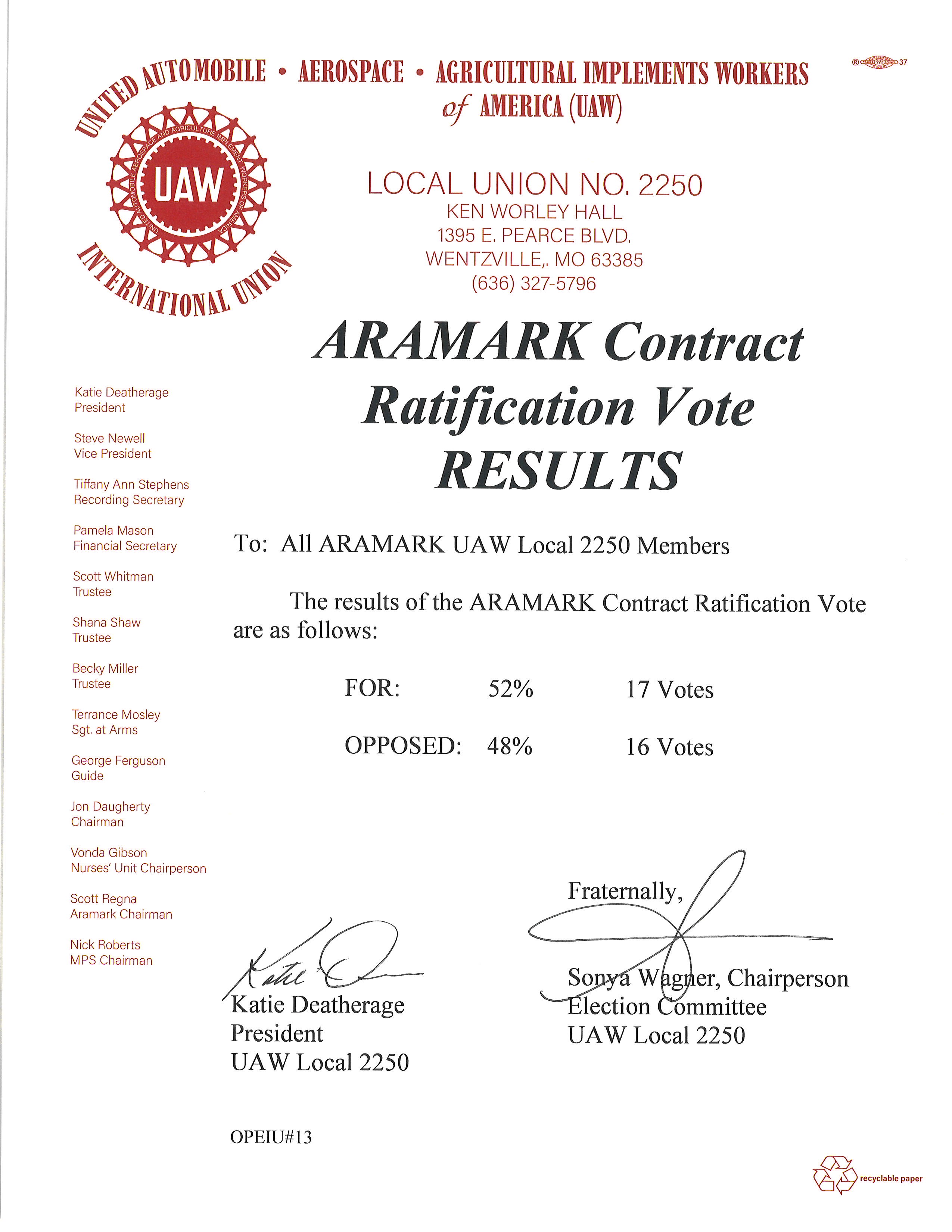-
This UAW Legend Died 54 Years Ago Today - 20 hours ago
-
The Annie Malone Parade Is About To Start! - 23 hours ago
-
Got Questions? Get Answers! - 2 days ago
-
The Truth About Troy, Toyota, and the UAW - May 7, 2024
-
May 15th Membership Meeting - May 6, 2024
-
MO AFL-CIO Weekly Labor Report: UAW Rises Again, Non-Competes Go Bye-Bye - May 5, 2024
-
Direct From The IUAW Women’s Department! - May 4, 2024
-
Organizing Is The Life Blood Of Unionism; Learn How! - May 4, 2024
-
Aramark Contract Vote! - May 4, 2024
-
St. Louis Labor Tribune Calls Out Troy Chamber on UAW! - April 27, 2024
How a CEO Screwed Your Family And His Business
The New York Times featured The Jack Welch effect: Why Income Inequaltiy began soaring in the U.S. four decades ago…
Was Welch’s approach good for corporate profits and bad for workers — or ultimately bad for the company, too? You lean toward the second answer, based on G.E.’s post-Welch struggles. Some other writers point out that many companies have thrived with Welch-like strategies. I’m left wondering whether Welchism is a zero-sum gain for shareholders or bad for everyone.
Welch transformed G.E. from an industrial company with a loyal employee base into a corporation that made much of its money from its finance division and had a much more transactional relationship with its workers. That served him well during his run as C.E.O., and G.E. did become the most valuable company in the world for a time.
But in the long run, that approach doomed G.E. to failure. The company underinvested in research and development, got hooked on buying other companies to fuel its growth, and its finance division was badly exposed when the financial crisis hit. Things began to unravel almost as soon as Welch retired, and G.E. announced last year it would break itself up.

(free graphic via clipartmag.com)

